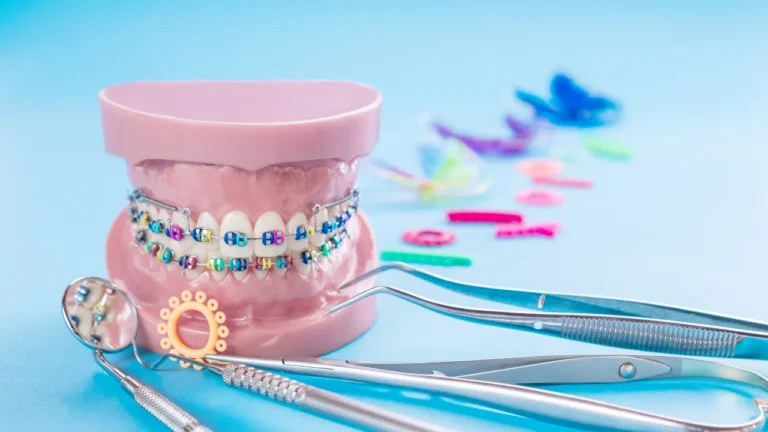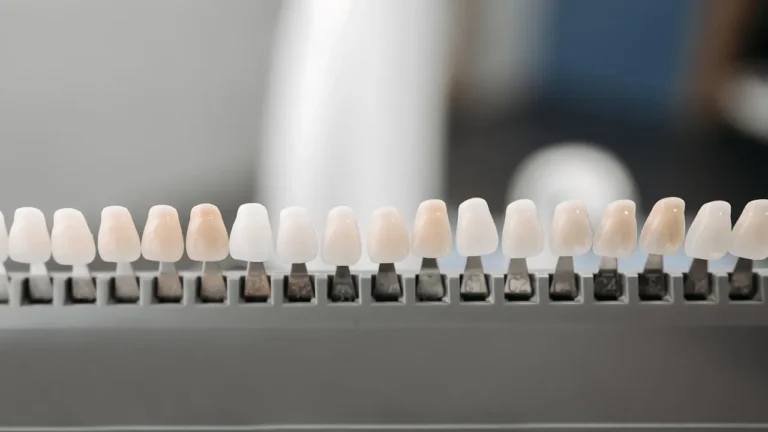Dental Crowns In Pretoria: MAC Dental Studio
Strengthen and restore your teeth with dental crowns in Pretoria. Durable and aesthetic crowns at MAC Dental Studio. Book your appointment today!
Exceptional Dental Care
With Skilled Professionals
Experience top-notch dental care with our dedicated team at Mac Dental Studio, where your health and comfort are our priorities.
1. Schedule Your Visit
Easily book your appointment through our user-friendly website and choose a time that fits your schedule.
2. Personalized Consultation
During your visit, our experienced dentists will thoroughly assess your dental health and discuss personalized treatment options with you.
3. Achieve Your Ideal Smile
We will create a customized treatment plan tailored to your needs, helping you achieve and maintain a healthy, beautiful smile.
Easily Book Your Dental Appointment
What Are Dental Crowns?
Dental crowns are custom-made caps placed over damaged or decayed teeth.
They restore the tooth’s shape, size, strength, and improve its appearance.
Crowns are a popular solution for many dental issues, providing both functional and aesthetic benefits.
Preparation for the Procedure
- Initial Consultation: During your first visit, your dentist will conduct a comprehensive oral examination and take X-rays to assess the condition of your teeth. They will also discuss your dental history and goals to determine if a crown is the right option for you.
- Treatment Planning: Your dentist will evaluate the tooth structure and decide on the best material for your crown, such as porcelain, ceramic, metal, or resin. Together, you’ll create a customized treatment plan tailored to your needs.
- Pre-Procedure Preparation: Before placing a crown, your dentist will clean the tooth thoroughly and remove any decay. Local anesthesia will be applied to ensure you’re comfortable throughout the process. If necessary, a temporary crown may be placed to protect the tooth until the permanent crown is ready.
Step-by-Step Procedure
1. Tooth Shaping
The first step involves reshaping the tooth to make room for the crown.
This includes removing any damaged or decayed areas and ensuring the remaining tooth is properly contoured.
2. Impression Taking
Your dentist will take impressions of the reshaped tooth, either digitally or using a physical mold.
They’ll also take impressions of the opposing teeth to ensure the new crown fits perfectly with your bite.
These impressions are then sent to a dental lab to create your custom crown.
3. Temporary Crown Placement
A temporary crown may be placed to protect your tooth while the permanent crown is being made.
Your dentist will provide instructions on how to care for this temporary crown to avoid any damage.
4. Permanent Crown Placement
Once the permanent crown is ready, your dentist will remove the temporary crown and fit the new one.
They’ll make any necessary adjustments to ensure it’s comfortable and aligns well with your bite.
Finally, the crown is bonded to your tooth with dental cement.
Benefits
- Restored Functionality: Dental crowns significantly improve your ability to chew and speak properly. They help distribute bite force evenly, preventing further damage to the tooth.
- Aesthetic Improvement: Crowns are designed to match the color and shape of your natural teeth, providing a seamless and attractive appearance.
- Durability and Longevity: With proper care, dental crowns are very durable and can last many years. They are resistant to wear and staining, making them a long-lasting solution.
- Protection and Preservation: Crowns protect weak or damaged teeth from further decay or injury. They also support and strengthen teeth that are cracked or broken.
Aftercare
1.Immediate Post-Procedure Care
- Avoid eating hard or sticky foods for the first 24 hours after your procedure.
- Over-the-counter pain relief can help manage any initial discomfort.
- Follow any specific care instructions your dentist provides.
2. Long-Term Maintenance
- Maintain regular dental check-ups and cleanings to keep your crown in good condition.
- Practice proper oral hygiene by brushing twice a day, flossing daily, and using mouthwash.
- Avoid habits that can damage your crowns, like grinding your teeth or biting your nails.
3. Managing Potential Issues
- Be aware of signs that your crown may need attention, such as sensitivity, discomfort, or loosening.
- Contact your dentist promptly if you experience any issues to prevent further complications.
Latest From Our Blog
Frequently Questions Answered
You might need a dental crown to protect a weak tooth from breaking, restore a broken or severely worn down tooth, cover and support a tooth with a large filling, hold a dental bridge in place, cover misshaped or severely discolored teeth, or cover a dental implant.
The process usually requires two visits. During the first visit, the dentist prepares the tooth and takes an impression, which is sent to a lab to create the crown. This can take about 1-2 weeks. At the second visit, the dentist will fit and cement the crown onto the prepared tooth.
While dental crowns are not permanent, they are a long-lasting solution. With proper care, crowns can last between 10 to 15 years or even longer. Good oral hygiene and regular dental check-ups can help extend the life of your crown.
Caring for a dental crown is similar to caring for your natural teeth. Brush and floss daily, avoid chewing hard foods or ice, and visit your dentist regularly for check-ups and cleanings. It’s also important to avoid grinding your teeth or using them to open packages.
It’s common to experience some sensitivity to temperature changes after getting a dental crown. This usually subsides within a few days. If sensitivity persists or worsens, contact your dentist to ensure the crown fits properly and there are no underlying issues.








